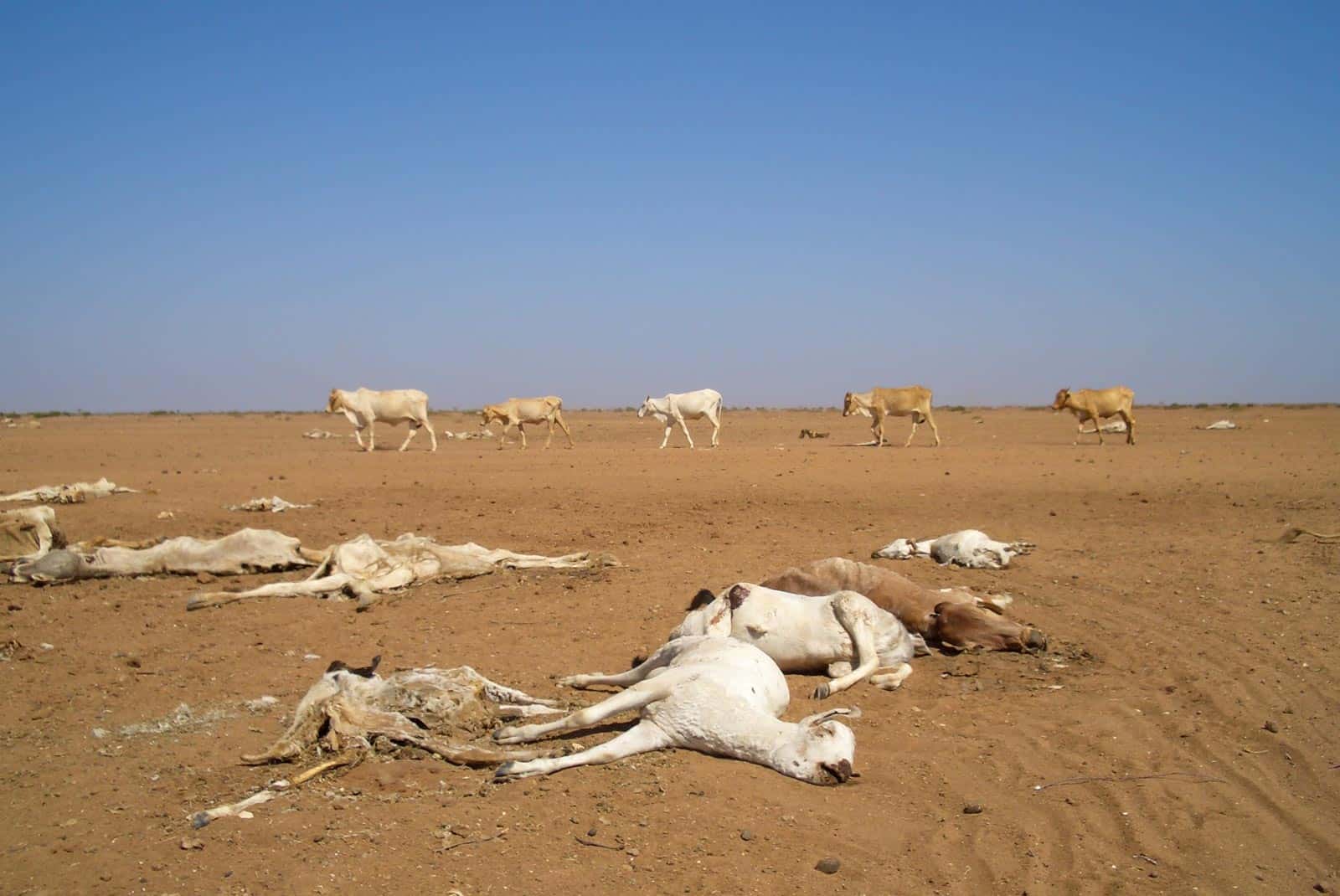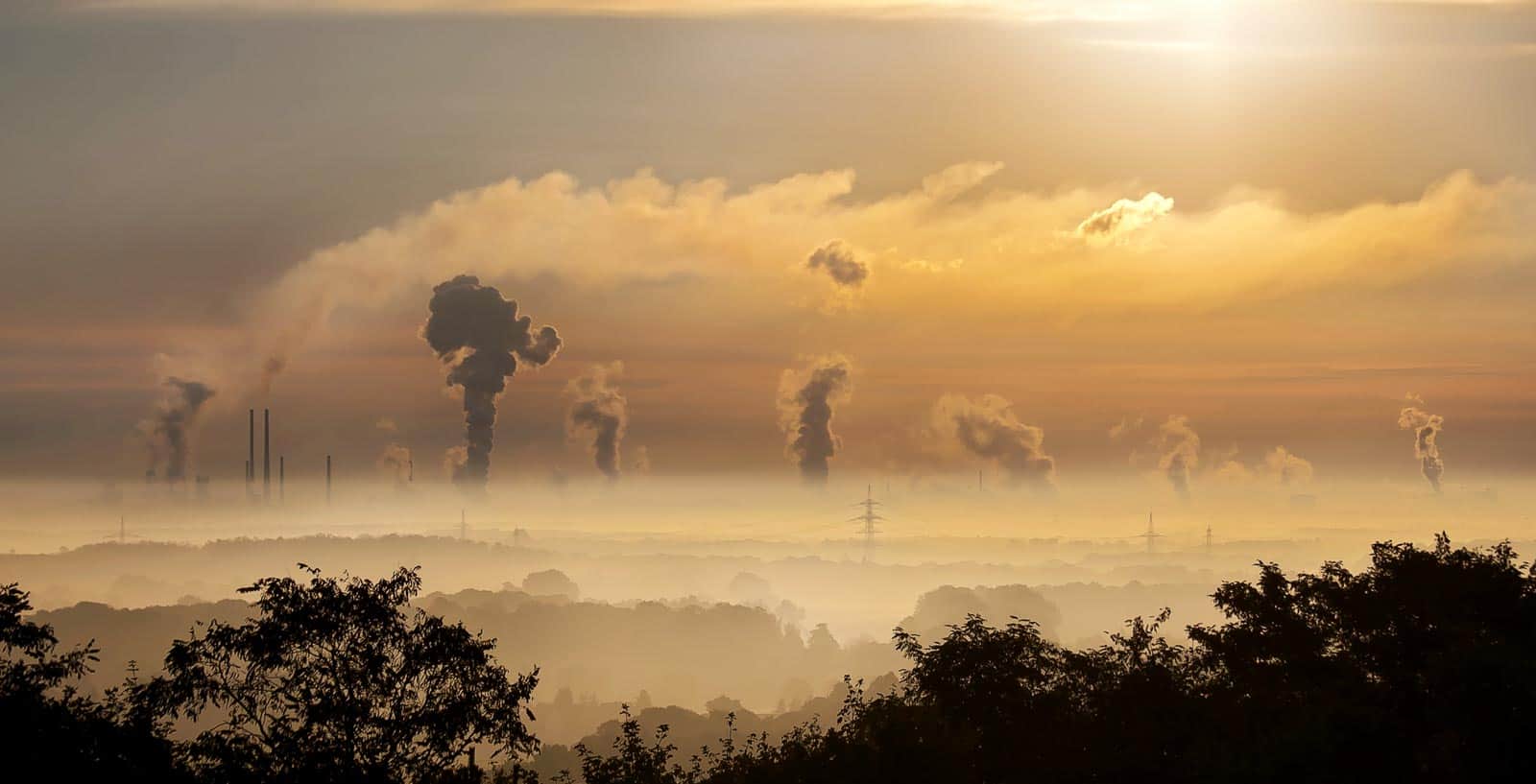What can we expect from COP27?
The 7th annual United Nations meeting on climate (COP27) will be taking place from November 6th to 18th in Sharm El Sheik, Egypt. Following a year full of record-breaking heatwaves and natural disasters intensified by climate change, leaders and experts will meet to discuss appropriate action. But after years of failed plans and weak promises, will leaders make any meaningful decisions?
What will happen in Sharm El Sheik?
COP27 will focus on three main areas: Reducing emissions; helping countries to prepare for and deal with climate change; and gaining technical support and funding for developing countries for the above. From the 9th, thematic days will cover various environmental, economic and social topics, from water to gender. In preparation, countries are supposed to have prepared bold national climate plans. However, only 25 have done so.
According to the Egyptian government, around half of the world’s heads of state have confirmed their presence. Those who choose not attend are likely to send delegates in their place. In October the new British prime minister was expected to miss the summit, which attracted criticism from many environmental groups. Apart from world leaders, green charities, businesses and other groups will also take part.
The announcement of COP27 was not without its controversies. Many activists condemned the decision to hold the conference in Egypt due to the country’s human rights abuses. The news that Coca-Cola, the world’s biggest plastic polluter, would be a sponsor of the event also raised eyebrows. Renowned activist Greta Thunberg will skip the event, calling the COP27 a forum for “green-washing” Whether the summit will manage to overcome all of these issues remains to be seen.
Will COP27 make a difference?
Ahead of COP27, the United Nations published a report criticising the “woefully inadequate” climate action from world governments. With the current level of carbon-cutting efforts, global emissions would fall by less than 1% by the end of the decade. We need at least a 45% reduction to keep the hope of a <1.5°C increase alive. According to scientists, keeping the rise in global average temperature below 1.5C (compared with pre-industrial times) will prevent the worst impacts of climate change. At the moment, a 2.8°C warming by 2100 is looking likely without action. If governments enforce their current action plans, the figure drops to 2.4°C. The Executive Director of the UN Environment Programme (UNEP), who produced the study, stated the bleakness of the findings:
We had our chance to make incremental changes, but that time is over. Only a root-and-branch transformation of our economies and societies can save us from accelerating climate disaster.
A hot debate on financial agreements with developing nations will probably be on the cards. The target of $100 billion a year for poorer economies to tackle climate change was missed every single year since developing countries made the agreement in 2009. Recipients will want to know when they can expect the payments and whether they will see adequate compensation for climate damage. In turn, developing countries should commit to the rapid phase-out of coal as well as stricter laws on reducing emissions. But naturally there will be compromises and decision-makers may not be able to agree on more ambitious goals.
It goes without saying that COP27 comes at a critical time for the climate. The past 10, 20, 30 years have been a critical time for the climate. Now it seems that we may be too late. With the UN finding “no credible pathway” to keep below the 1.5°C threshold, governments have to take drastic action for their own sake. This year’s climate catastrophes have made the problem impossible to ignore. Europe burned. Pakistan flooded. Natural disasters are landing at the feet of more countries, and there is no more space or time to kick them away.








